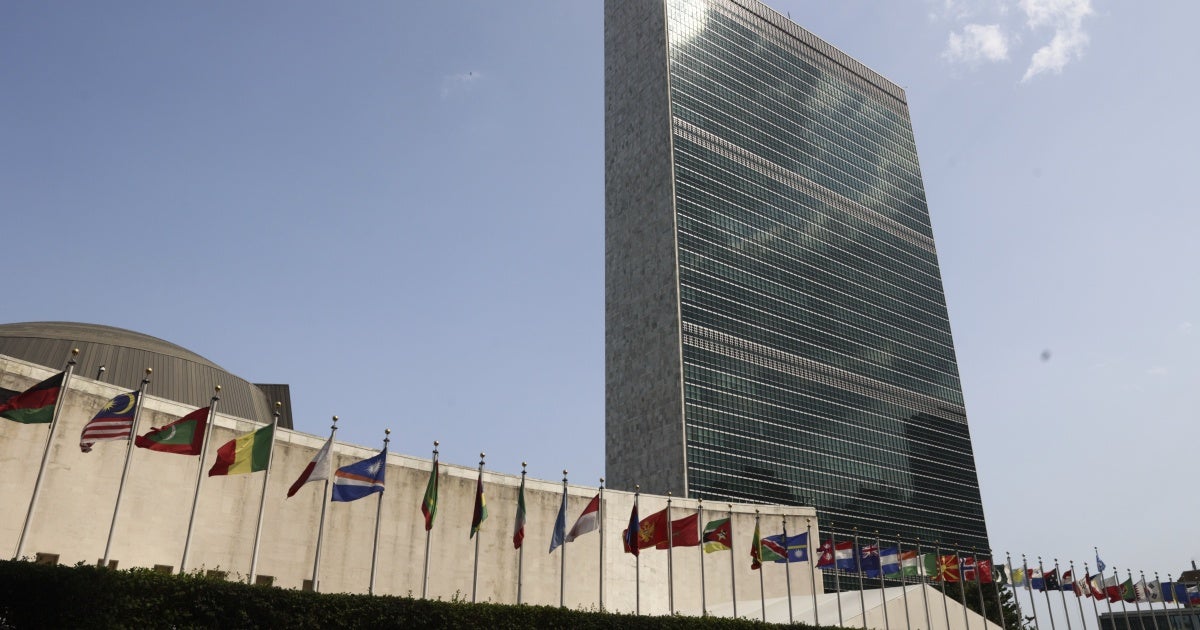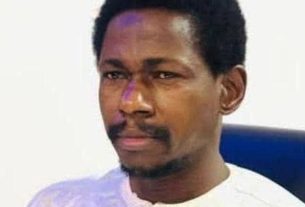United Nations member countries should take urgent steps to end the UN’s financial troubles, which are hindering human rights investigations in Ukraine, Sudan, Haiti, Israel/Palestine, and elsewhere. This difficult situation will get even worse if the incoming US administration follows through on threats to stop funding key UN agencies that provide lifesaving aid and protection.
The UN is stuck in a long-running “liquidity crisis” – the result of member states not paying their dues, particularly the US and China, the UN’s largest contributors. As of last week, the US owed US$668 million in unpaid UN dues to the regular budget while China owed $281 million, according to UN officials. At nearly $1 billion, that’s more than a quarter of the UN’s $3.6 billion regular budget for 2024. Additionally, the US and China owed $854 million and $117 million, respectively, to the separate peacekeeping budget.
While US payments are traditionally delayed due to its fiscal calendar, this is different. The US and China are defaulting on their obligations to the UN.
The lack of liquid funds makes it difficult for UN human rights investigators to fulfill their mandates, putting accountability and justice further out of reach. They told Human Rights Watch they have been forced to operate well below mandated staff levels and curtail essential travel.
And while the US and China owe the most, 43 other countries had also not fully paid their dues as of November 25.
There is also uncertainty about the incoming US administration’s plans for the UN. Elise Stefanik, president-elect Donald Trump’s nominee for UN ambassador, has made clear she opposes funding the UN Relief and Works Agency for Palestine Refugees (UNRWA) and has also issued broader threats to withhold UN funding because of UN criticism of Israeli abuses in its military offensive in Gaza.
During the first Trump administration, the US not only cut UNRWA funding but also stopped funding the UN population fund, left UNESCO, and announced it was pulling out of the World Health Organization.
All UN member states should pay their dues on time and in full. Other governments should press the US not to abandon its financial commitments to the UN budget and UN agencies it voluntarily funds. Otherwise they will be left to pony up the cash to ensure the UN has resources to monitor rights abuses and save lives worldwide.



